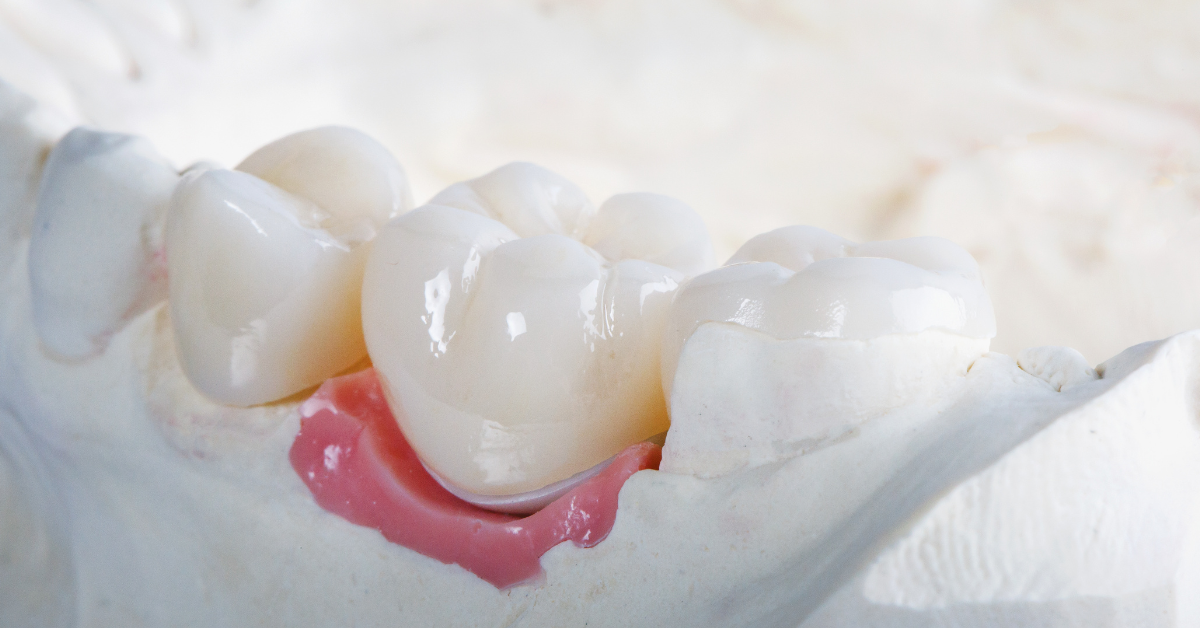Tmj Pain Causes Ear Pain

The temporomandibular joint (TMJ) is a complex system of bones, ligaments, and muscles that connects the jawbone to the skull. When this joint becomes inflamed or irritated, it can lead to a range of symptoms, including ear pain. To understand why TMJ pain causes ear pain, it’s essential to explore the anatomical connection between the TMJ and the ear.
The TMJ is located just in front of the ear, and the joint’s ligaments and muscles are intertwined with the surrounding tissues, including those of the ear. The ear itself is composed of three main parts: the outer ear, middle ear, and inner ear. The outer ear collects sound waves and directs them into the ear canal, while the middle ear contains the eardrum and three tiny bones that transmit sound vibrations to the inner ear. The inner ear is responsible for converting these vibrations into electrical signals that are interpreted by the brain as sound.
When the TMJ is inflamed or irritated, it can cause pain and discomfort that radiates to the surrounding areas, including the ear. This is because the nerves that supply the TMJ also innervate the ear, creating a shared pain pathway. The trigeminal nerve, which is responsible for transmitting pain signals from the face, including the TMJ, to the brain, also has branches that extend to the ear. As a result, pain signals from the TMJ can be referred to the ear, causing ear pain.
There are several reasons why TMJ pain can cause ear pain, including:
- Referred pain: As mentioned earlier, the nerves that supply the TMJ also innervate the ear, allowing pain signals to be referred to the ear.
- Muscle tension: The muscles of the TMJ, including the masseter and temporalis muscles, can become tense and inflamed, leading to pain that radiates to the ear.
- Joint inflammation: Inflammation of the TMJ can cause pain and swelling that can affect the surrounding tissues, including the ear.
- Eustachian tube dysfunction: The Eustachian tube, which connects the middle ear to the back of the throat, can become blocked or inflamed, leading to ear pain and discomfort.
In addition to ear pain, TMJ dysfunction can cause a range of other symptoms, including:
- Jaw pain and stiffness: Pain and stiffness in the jaw, face, and temples
- Clicking or popping sounds: Clicking or popping sounds when opening or closing the mouth
- Locking of the jaw: The jaw becomes stuck or locked in place
- Difficulty chewing: Pain or discomfort when chewing or biting
- Headaches: Frequent or severe headaches
- Practice good oral habits, such as avoiding chewing gum or hard foods
- Apply heat or cold packs to the affected area to reduce pain and inflammation
- Exercise the jaw and facial muscles to reduce tension and improve range of motion
- Consider stress-reducing techniques, such as meditation or deep breathing, to manage stress and anxiety
- Seek professional help from a healthcare provider or a specialist, such as an oral surgeon or a physical therapist, for a comprehensive evaluation and treatment plan
In conclusion, TMJ pain can cause ear pain due to the complex anatomical relationship between the TMJ and the ear. Understanding the underlying causes of ear pain and seeking professional help are essential for effective management and treatment.
What is the most common cause of TMJ pain?
+The most common cause of TMJ pain is teeth grinding or clenching, which can lead to inflammation and irritation of the joint.
Can TMJ pain be treated with medication?
+Yes, TMJ pain can be treated with medication, such as pain relievers or muscle relaxants, but it's essential to address the underlying cause of the pain for long-term relief.
How can I prevent TMJ pain and ear pain?
+Preventing TMJ pain and ear pain involves practicing good oral habits, avoiding excessive jaw movement, and managing stress and anxiety. Regular exercise, a balanced diet, and adequate sleep can also help reduce the risk of developing TMJ pain and ear pain.
By understanding the complex relationship between the TMJ and the ear, individuals can take proactive steps to manage and prevent TMJ pain and ear pain, improving their overall quality of life.
